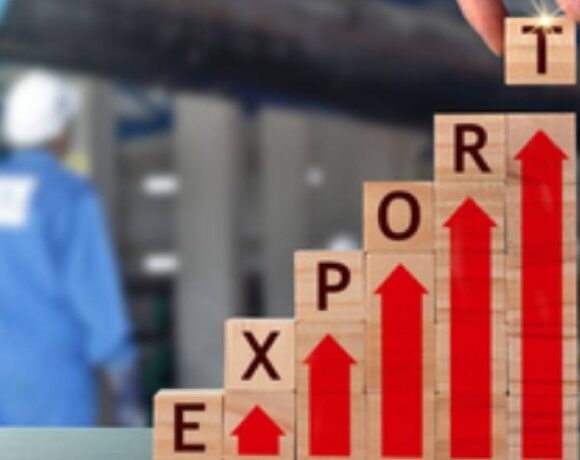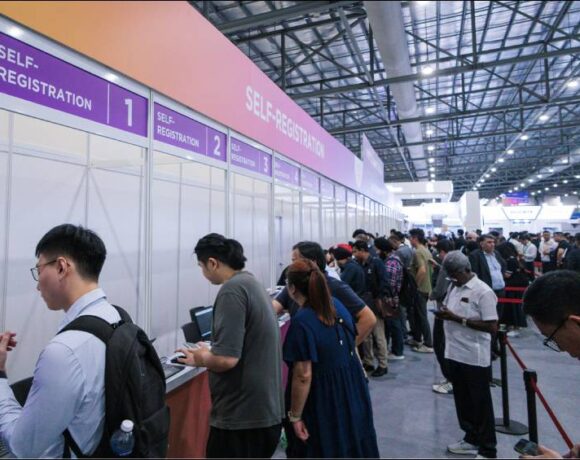Southern Textile Mills Seek Govt Relief Amid Global Recession

Several textile associations have sought relief from the central as well as state governments of Tamil Nadu, Andhra Pradesh and Telangana to roll back the power tariff hike and the central government to restrict and monitor galloping imports of various textile raw materials and products.
S K Sundararaman, the Southern India Mills Association (SIMA) Chairman said every office bearer in various associations representing spinning mills has suggested a one-week production stoppage to raise awareness within the states about the critical need for the relief measures.
“Additionally, they have recommended that the spinning industry in India reduce output by one shift or by 35 per cent in order to prevent distressed sales and minimise losses,” the SIMA Chairman added.
According to a SIMA press release, the last 18 months have seen a protracted recession in the Southern States, especially in Tamil Nadu, Andhra Pradesh, and Telangana, which together account for about 55 percent of the nation’s spinning capacity.
“This recession has been brought on by various factors like slowdown in global economy and weak domestic demand. The issue was made worse by the 11 percent import duty on cotton as well as rising imports of various textiles,” SIMA added.
The Central Government’s core programmes to support domestic manufacturing of high quality are being undermined by the abnormally high import surge across the value chain, particularly with regard to fabrics, garments, and made-ups from China, Bangladesh, Vietnam, and Sri Lanka.
“Imports have increased by 40 percent for cotton fibre, 149 percent for viscose fibre, 442 percent for cotton yarn, 46 percent for polyester yarn, 204 percent for viscose yarn, 46 percent for polyester fabrics, 44 percent for garments, and 27 percent for made-ups,” SIMA observed.
From April to September 2023, the country’s exports of cotton yarn fell by 56 percent as compared to 1,304 million kg exported in the same period of fiscal 2021-22.
When compared to states like Maharashtra, Gujarat, and Madhya Pradesh that offer substantial incentives under their new state textile policies, the sharp increase in power costs significantly affected both the domestic market and the competitiveness in the global arena.
The significant price fluctuation of cotton and yarn, along with the additional capacity built in the states and the decline in exports, have resulted in a surplus of production capacity, which is impacting the southern states current production capacities.
Office Bearers from the Southern India Mills Association (SIMA), Tamil Nadu Spinning Mills Association (TASMA), South India Spinners Association (SISPA), Indian Spinning Mills Association (ISMA), Recycle Textile Federation (RTF) and other textile trade bodies participated in the meeting.














